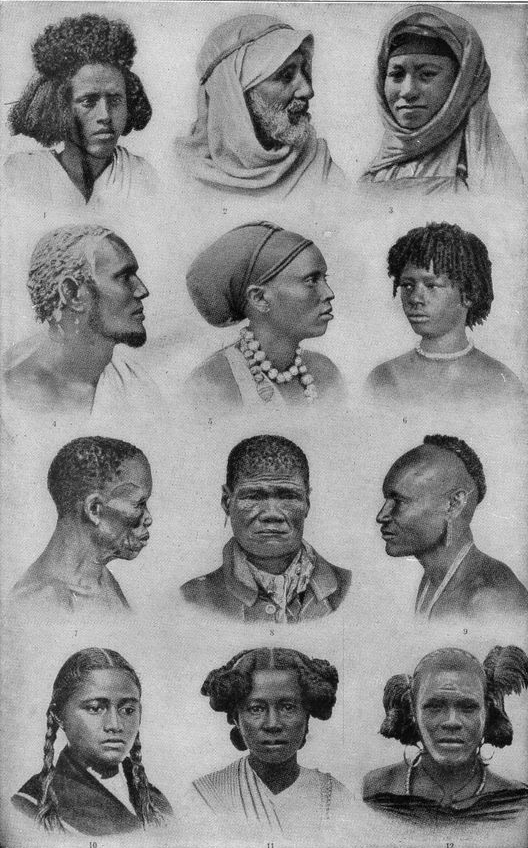Second track from my Greatest Hits album is a post that came out on the eve of Obama's historical election in November 2008. On that occasion I requested permission from The Guardian to reproduce an essay written by Margaret Atwood and luckily I was granted it.

We all have them: the building with the dome, late Victorian, solid masonry, stone lions in front of it the brick houses, three-storey, with or without fretwork, wood or painted iron, which now bear the word Historic on tasteful enamelled or bronze plaques and can be visited most days except Monday; the roses, big ones, of a variety that were not here before. Before what? Before the ships landed, we all had ships landing before the men in beaver hats, sailor hats, top hats, hats anyway, got out of the ships before the native inhabitants shot the men in hats with arrows or befriended them and saved them from starvation, we all had native inhabitants.
Arrows or not, it didn't stop the men in hats, or not for long, and they had flags too, we all had flags, flags that were not the same flags as the flags we have now. The native inhabitants did not have hats or flags, or not as such, and so something had to be done. There are the pictures of the things being done, the before and after pictures you might say, painted by the painters who turned up right on cue, we all had painters. They painted the native inhabitants in their colourful, hatless attire, they painted the men in hats, they painted the wives and children of the men in hats, once they had wives and children, once they had three-storey brick houses to put them in. They painted the brave new animals and birds, plentiful then, they painted the landscapes, before and after, and sometimes during, with axes and fire busily at work, you can see some of these paintings in the Historic houses and some of them in the museums.
We go into the museums, where we muse. We muse about the time before, we muse about the something that was done, we muse about the native inhabitants, who had a bad time of it at our hands despite arrows, or, conversely, despite helpfulness. They were ravaged by disease: nobody painted that. Also hunted down, shot, clubbed over the head, robbed and so forth. We muse about these things and we feel terrible. We did that , we think, to them . We say the word them, believing we know what we mean by it we say the word we , even though we were not born at the time, even though our parents were not born, even though the ancestors of our ancestors may have come from somewhere else entirely, some place with dubious hats and with a flag quite different from the one that was wafted ashore here, on the wind, on the ill wind that (we also muse) has blown us quite a lot of good. We eat well, the lights go on most of the time, the roofs on the whole do not leak, the wheels turn round.
As for them, our capital cities have names made from their names, and so do our brands of beer, and some but not all of the items we fob off on tourists. We make free with the word authentic . We are enamoured of hyphens, as well: our word, their word, joined at the hip. Sometimes they turn up in our museums, without hats, in their colourful clothing from before, singing authentic songs, pretending to be themselves. It's a paying job. But at moments, from time to time, at dusk perhaps, when the moths and the night-blooming flowers come out, our hands smell of blood. Just the odd whiff. We did that, to them.
But who are we now, apart from the question Who are we now? We all share that question. Who are we, now, inside the we corral, the we pallisade, the we fortress, and who are they? Is that them , landing in their illicit boats, at night? Is that them, sneaking in here with outlandish hats, with flags we can't even imagine? Should we befriend them or shoot them with arrows? What are their plans, immediate, long-term, and will these plans of theirs serve us right? It's a constant worry, this we, this them.
And there you have it, in one word, or possibly two: post-colonial.
(C) OW Toad. From Bottle, by Margaret Atwood, published in a limited edition by Hay Festival Press on May 28, 2004 (http://www.hayfestival.com/).
Acknowledgements:
I would like to thank The Saturday Review team from The Guardian, especially Ginny Hooker, for kindly allowing me to reproduce this text.
Image taken from Wikimedia. No permission was sought for its reproduction. Should the copyright holder(s) want me to remove it, I will comply with their request immediately.
And of course, I would also like to thank our dear Canadian literary wonder, Margaret Atwood, without whose intellect, wit and creativity the world would be a poorer place.
Thought provoking piece. Margaret Atwood is a literary wonder, indeed.
ReplyDeleteGodspeed, Mr. C. Have a wonderful trip!
Yes, our travels to faraway lands are very different nowadays, we no longer arrive as conquerors landing our ships on the foreign shores, we are more observers and if we're lucky we manage to blend in.
ReplyDeleteI'm half way through my first Margaret Atwood - Alias Grace. It's great.
Have a wonderful time in Malaysia, hope you like it! I'm off to Mauritius on Monday, can't wait!
Hmm post-colonial is still such a loaded word. It means many different things in the U.S.and of course, many different things to the colonized. Have a wonderful, eventful adventure in Malysia!
ReplyDeleteEnjoy your holiday CiL!
ReplyDeleteYes, our Margaret Atwood is a National treasure for sure.